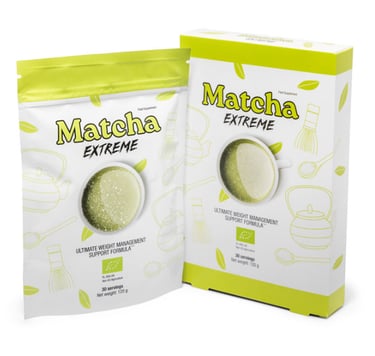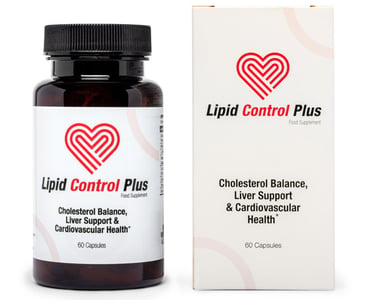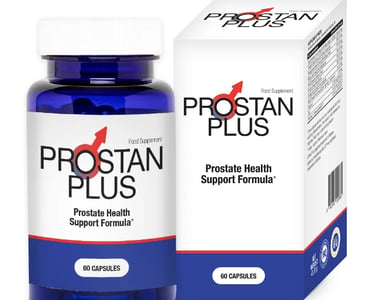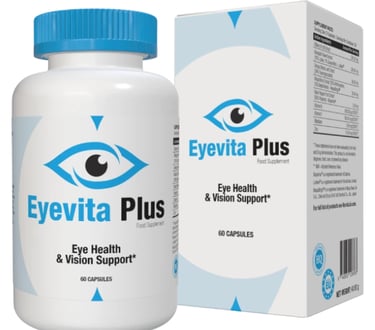Hypertension, High blood Pressure
"Discover effective strategies for managing Hypertension and high blood pressure naturally and medically. Learn about lifestyle changes, diet tips, treatment options, and prevention methods to keep your heart healthy and reduce health risks. Hypertension, High blood Pressure
Famuti Odunayo
5 min read


Understanding Hypertension
Hypertension, commonly referred to as high blood pressure, is a medical condition characterized by consistently elevated pressure in the arteries. This condition is often overlooked because it can develop silently without noticeable symptoms, classifying it as a "silent killer." Blood pressure readings are measured using two key figures: systolic (the pressure when the heart beats) and diastolic (the pressure when the heart rests between beats). A normal reading typically falls below 120/80 mmHg, while hypertension is classified as 130/80 mmHg or higher.
Several factors contribute to the development of hypertension, including genetics, age, obesity, sedentary lifestyle, and dietary habits. Furthermore, prolonged high blood pressure can lead to serious health complications, including heart disease, stroke, and kidney failure. Understanding the risk factors that lead to hypertension is crucial for prevention. For instance, a diet high in salt and saturated fats, combined with insufficient physical activity, can significantly raise one’s risk. The significance of regular monitoring can therefore not be overstated, as many individuals with hypertension may not exhibit any symptoms until damage has occurred.
To assess hypertension effectively, individuals should prioritize regular check-ups and maintain a log of their blood pressure readings. This practice aids in becoming acquainted with one's overall cardiovascular health and heightens awareness of abnormal blood pressure levels. Additionally, visual aids such as infographics can depict blood pressure categories, promoting clearer understanding. By being vigilant and informed about personal health, individuals can take proactive steps towards managing their blood pressure and minimizing the risk of severe health issues that may arise due to hypertension.
Lifestyle Changes for Healthy Blood Pressure
Managing high blood pressure necessitates a multifaceted approach, with lifestyle changes playing a critical role. A balanced diet serves as a foundational element in controlling hypertension. The incorporation of an abundance of fruits and vegetables into daily meals is essential. These food groups are rich in potassium, which helps to counteract the effects of sodium in the body, thereby promoting healthier blood pressure levels. The Dietary Approaches to Stop Hypertension (DASH) diet emphasizes whole grains, lean proteins, and low-fat dairy, presenting a comprehensive strategy for managing high blood pressure.
Reducing sodium intake is another pivotal factor in blood pressure management. Processed and packaged foods typically contain high levels of sodium, which can exacerbate hypertension. It is advisable for individuals to read nutrition labels carefully and opt for low-sodium alternatives whenever possible. The recommendation is to limit sodium intake to no more than 2,300 mg per day, and further reduction to 1,500 mg can significantly lower blood pressure.
Regular physical activity also contributes to maintaining a healthy blood pressure. Engaging in aerobic exercises, such as brisk walking, cycling, or swimming for at least 150 minutes weekly can greatly improve cardiovascular health. Weight management is closely linked to blood pressure control; even a modest weight loss of 5 to 10 percent can lead to significant reductions in hypertension levels.
Additionally, the impact of alcohol and tobacco use on blood pressure cannot be overlooked. Limiting alcohol intake to moderate levels—up to one drink per day for women and two for men—can help manage blood pressure effectively. Furthermore, eliminating tobacco use not only improves overall health but also aids in stabilizing blood pressure levels. Adopting these lifestyle changes creates a robust framework for overcoming hypertension and managing high blood pressure effectively.
Stress Management Techniques
Effective stress management is a cornerstone of hypertension control, as high blood pressure is often exacerbated by chronic stress. Implementing various techniques can play a significant role in maintaining mental well-being and promoting overall health. Among the most beneficial approaches is mindfulness meditation, which encourages individuals to focus on their breathing and cultivate a sense of presence. Research indicates that practicing mindfulness can lead to significant reductions in stress levels, ultimately assisting in the management of high blood pressure.
Yoga is another effective method in the arsenal of stress management techniques. This practice combines physical postures, breathing exercises, and meditation, creating a holistic approach that fosters relaxation and improves flexibility. Numerous studies have highlighted the positive impact that yoga can have on reducing stress and anxiety, which can subsequently lower blood pressure levels. Engaging in yoga for even a short duration can yield immediate benefits, making it a valuable tool for those facing the challenges of hypertension.
Deep breathing exercises are also vital for managing stress effectively. These exercises encourage individuals to take slow, deliberate breaths, helping to activate the body's relaxation response. By practicing deep breathing regularly, one can cultivate a greater sense of calm and mitigate the physical response to stress that may contribute to elevated blood pressure. On a practical level, integrating time management strategies can help to reduce stressors in daily life, allowing for a more balanced and organized approach to tackling responsibilities. Prioritizing tasks, setting realistic goals, and allowing for breaks can greatly decrease feelings of overwhelm.
Incorporating these stress management techniques into daily routines may not only enhance mental well-being but also serve as an essential part of a comprehensive strategy for managing hypertension. Ultimately, the interplay between mental health and blood pressure is significant; therefore, investing time into stress reduction is a crucial element for those seeking to control their blood pressure effectively.
Regular Monitoring and Medication
Regular monitoring of blood pressure is a critical component in the management of hypertension. Individuals diagnosed with high blood pressure should regularly check their levels at home using a calibrated blood pressure monitor. To properly measure blood pressure, it is essential to remain seated quietly for at least five minutes before taking a reading. Blood pressure readings are expressed in millimeters of mercury (mm Hg) and consist of two values: systolic pressure (the force of blood against the artery walls during a heartbeat) and diastolic pressure (the pressure between beats). A normal reading is typically around 120/80 mm Hg, while readings equal to or above 130/80 mm Hg are classified as hypertension.
For many individuals struggling with hypertension, lifestyle modifications such as improved diet and increased physical activity may not be sufficient to maintain target blood pressure levels. In such cases, medication may become necessary. Antihypertensive medications fall into several classes, each with its own mechanism of action, benefits, and potential side effects. Common classes include diuretics, ACE inhibitors, calcium channel blockers, and beta-blockers. Diuretics help the body eliminate excess sodium and water, thus reducing blood volume. ACE inhibitors relax blood vessels, making it easier for the heart to pump blood. Calcium channel blockers decrease the heart's workload by relaxing blood vessels, while beta-blockers reduce heart rate.
Adherence to prescribed antihypertensive treatments is paramount for effective management of high blood pressure. It is crucial for patients to follow their healthcare provider's recommendations and attend regular follow-up appointments to evaluate the effectiveness of their treatment plan. Open communication with healthcare professionals regarding any side effects or concerns related to medications is advisable and can lead to adjustments that enhance compliance and overall health outcomes. Through diligent monitoring and adherence to medications, individuals can take proactive steps toward effectively managing their hypertension.
Wellness tie
Empowering your health and fitness journey today.
Connect
info@wellnesstie.com
© 2025 wellnesstie. All rights reserved.
The individuals featured are presented as examples only. Their experiences and outcomes are not typical and should not be interpreted as a promise or guarantee of results. Your personal progress and results may differ.








